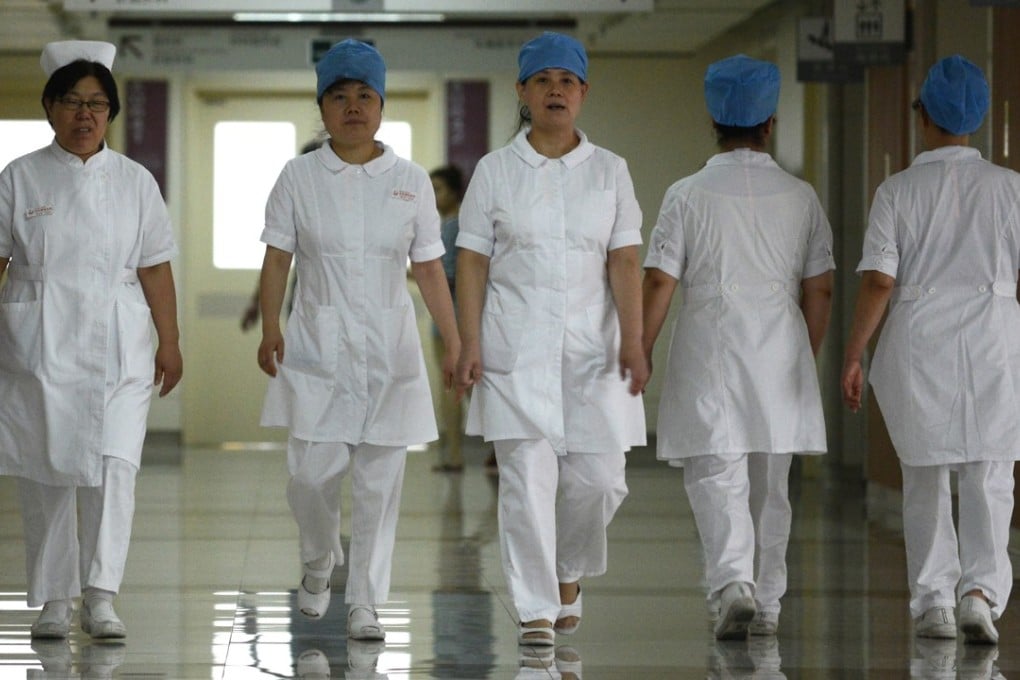Doctors said the coma patients would never wake. AI said they would - and they did
Artificial intelligence system developed in Beijing ‘will never replace doctors’ but it can trace brain activity invisible to the human eye

At least seven patients in Beijing who doctors said had “no hope” of regaining consciousness were re-evaluated by an artificial intelligence system that predicted they would awaken within a year.
They did.
One 19-year-old patient spent six months with unresponsive wakefulness syndrome – formerly known as being in a vegetative state — after an accident caused a severe injury to his left temple.
Some of China’s best neurologists conducted four rounds of assessments on his potential for recovery and gave him seven out of 23 points on a coma recovery scale, a score which meant his family had a legal right to unplug his life support.
Our machine can ‘see’ things invisible to human eyes
After going through his brain scans, however, the computer gave him more than 20 points, close to the full score.
In another case, doctors gave a 41-year-old female stroke victim who had been in a vegetative state for three months a recovery potential score of six. The computer’s: 20.23.